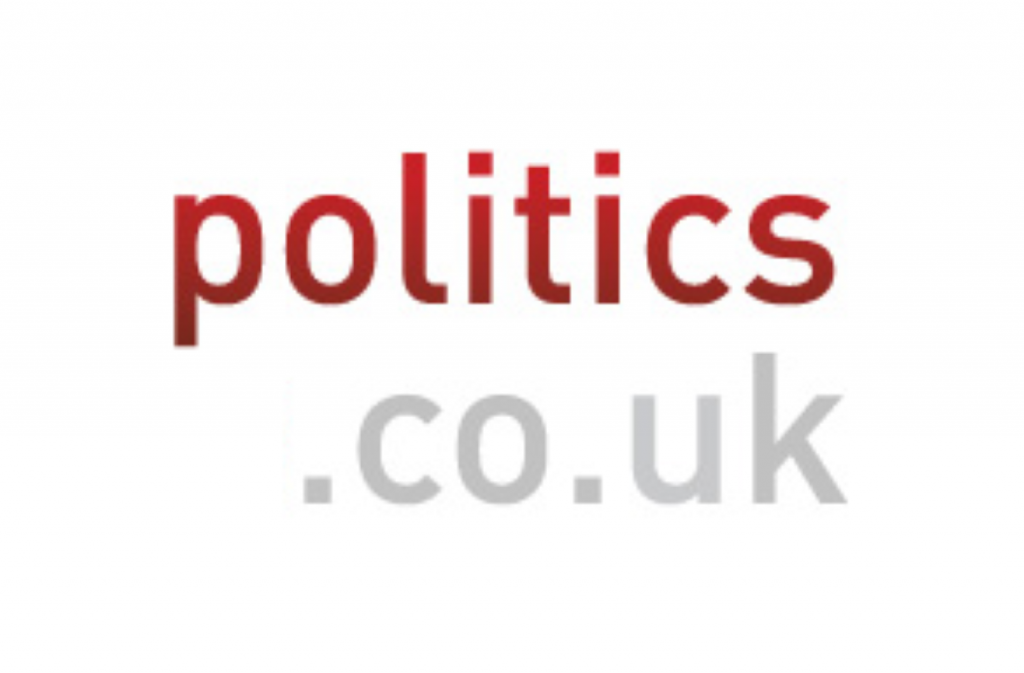Pro-Europeans hit back
Reports that the EU costs British taxpayers £106,117 a minute are put under the spotlight by pro-European groups.
Here, Philip Whyte of the Centre for European Reform takes on the Bruges Group figures. Underneath, you can see extracts from the original report.
“The Bruges Group’s press release will no doubt serve its purpose and attract some screaming headlines – but many of its claims are fatuous.
“Let’s start with the EU budget. In 2008, the EU’s budget was about ?130 billion – slightly less than what the UK pays on the NHS every year. For an organisation of 27 member-states, that isn’t particularly large.


“The Bruges Group likes to bang on about a supposed ‘European federal super-state’. Let’s test this claim by comparing the EU’s budget with that of a proper federation like the US. Central government expenditure accounts for 55 per cent of general government expenditure in the US. The EU budget, by contrast, accounts for around 2.5 per cent of total government expenditure across the EU. Why is the EU budget so small? Because EU institutions discharge almost none of the basic functions of a modern state. Despite decades of regional integration, the provision of defence, law and order, social protection and key public goods such as health and education remain matters of national competence.
“I don’t have time to unpick all the nonsense in this report, but the Bruges Group’s claims on trade give a general flavour of its fundamental lack of seriousness. The Bruges Group calls the UK’s trade deficit with the EU a ‘cost of membership’. Gerald Batten really needs a remedial course in Economics 101. For one thing, the underlying assumption of the claim – that the purpose of trade is to run a surplus – is pure mercantilist thinking which is hard to square with an organisation that purports to believe in free trade.
“For another, countries’ trade balances are determined by the domestic balance between savings and investment. The reason the UK has been running a trade deficit with the EU (and, for that matter, the rest of the world) has nothing to do with the EU – and everything to do with the debt-fuelled growth of consumer spending in the UK. Has the Bruges Group noticed that the US has also been running a trade deficit (for the same reasons as the UK)? Would it describe the US’s trade deficit as ‘a cost of its membership of the world economy’? At a time when the world economy faces a nasty downturn and protectionist pressures across the developed world are mounting, it’s depressing to see the Bruges Group giving succour to those who want to erect new barriers to world trade.
“The EU is not perfect by any stretch of the imagination. It still spends too much of its budget on supporting agriculture, and some of its legislation imposes unnecessary costs on business. But it has been changing. Support for the agriculture accounts for a much smaller share of the EU budget now than it did 20 years ago – and the EU is committed to trying to reduce the regulatory burden on business.”
Extracts from the original Bruges Group report:
By 2008 Britain will have made total contributions to the European Community (EC) Budget of £230.4 billion gross or almost £68.2 billion net.
. By the end of the current EC budget period Britain will have made estimated total contributions to the EC Budget of £315.4 billion gross and £101.4 billion net.
. By 2007 Britain had an accumulated trade deficit with the other EU member states of £383.7 billion.
. The Common Agricultural Policy costs Britain at least £16.8 billion per annum.
. The Common Fisheries Policy costs Britain at least £3.275 billion per annum.
. Over-regulation on business costs Britain at least £28 billion per annum.
. In 2008 membership of the European Union costs Britain almost £65.675 billion per annum gross or almost £55.775 billion per annum net.
FRAUD:
. Due to the EU being riddled with corruption it is likely that the equivalent of Britain’s entire net contribution to the EU is going into the pockets of fraudsters.
THE EFFECTS OF FREEING BRITAIN FROM THE EU:
. A BOOST TO THE ECONOMY. As EU red tape is holding back the UK economy by £28 billion, two per cent of UK GDP, it is clear that freeing Britain from EU control will get Britain out of recession and get British people back to work.
. COST FREE TAX CUTS. As politicians of the three main parties are struggling to explain how they will deliver the tax cuts that the British economy needs they have failed to realise that this money can be found if we stop paying the EU billions of pounds per year of taxpayers’ money.
The 2 per cent boost to economic growth created by leaving the EU and slashing its excessive red tape would also increase tax revenue by £10.73 billion. Combine that with the direct savings to the exchequer and it will allow for a 6p in the pound cut in the basic rate of income tax.

